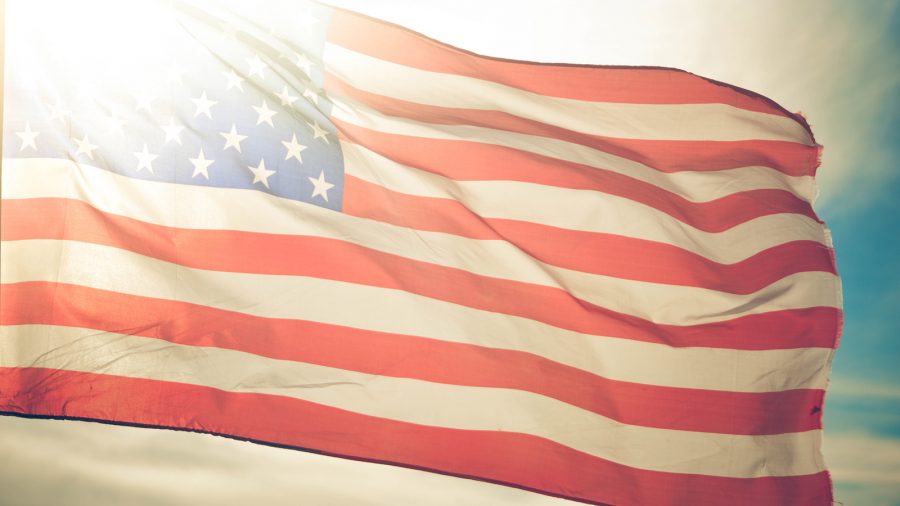Blockbuster Courses on the U.S. Presidential Election Getting Started at Stanford Continuing Studies This Week

This fall, Stanford Continuing Studies presents 150+ courses in the Liberal Arts & Sciences, Creative Writing, and Professional Development, including two major courses on the U.S. presidential election. Taught by Pamela Karlan (Stanford law professor) and James Steyer (CEO, Common Sense Media), Election 2020: A Panoramic View of America's Decisive Election will feature a lineup of distinguished guest speakers--from Bill Clinton and Kara Swisher, to Steve Schmidt, David Plouffe and Andrew Yang. The other course focuses on Technology and the 2020 Election: How Silicon Valley Technologies Impact Our Elections and Shape Our Democracy. Taught by professor Rob Reich and Dutch politician Marietje Schaake, the course will feature visits from Roger McNamee, (author of Zucked: Waking Up to the Facebook Catastrophe), Alex Stamos (Former Chief Security Officer, Facebook), Shoshana Zuboff, (Harvard author of The Age of Surveillance Capitalism), Michael McFaul (former ambassador to Russia), and more.
These live online courses are open to adults. Although the courses aren't free, they're timely and bound to engage. Election 2020 starts today. Technology and the 2020 Election starts on Wednesday. Explore the entire Continuing Studies catalogue here.
Note: High school students can also enroll in both of these election courses. To explore that opportunity, follow these links:
Election 2020: A Panoramic View of America's Decisive Election
Blockbuster Courses on the U.S. Presidential Election Getting Started at Stanford Continuing Studies This Week is a post from: Open Culture. Follow us on Facebook, Twitter, and Google Plus, or get our Daily Email. And don't miss our big collections of Free Online Courses, Free Online Movies, Free eBooks, Free Audio Books, Free Foreign Language Lessons, and MOOCs.
from Open Culture https://ift.tt/33LkLq1
via Ilumina
Comments
Post a Comment